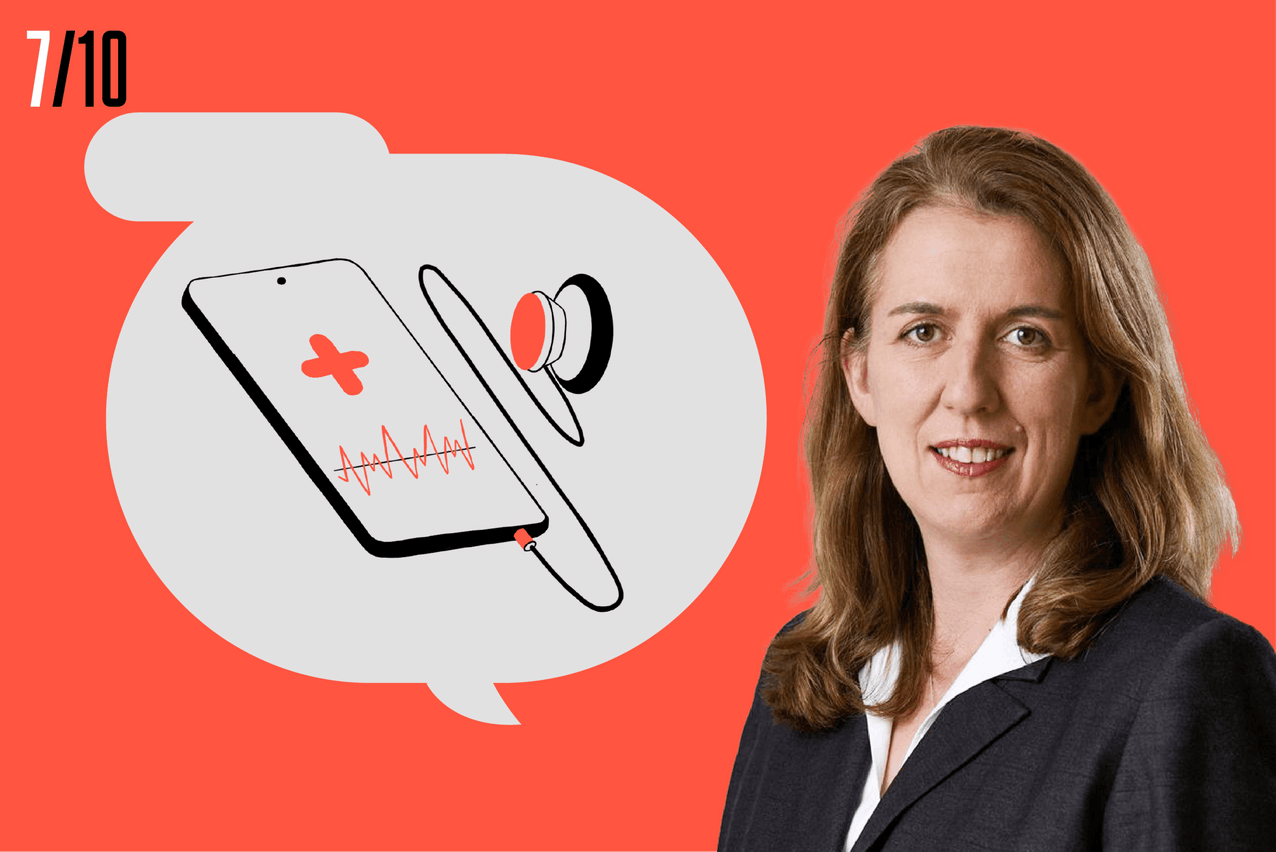“Obesity is probably the most significant healthcare issue of our time,” said Julie Dickson, an investment director at Capital Group in London, speaking in the latest podcast that covers “10 themes for investing for tomorrow”. “There are more than 530 million adults with diabetes and more than 650 million people who are clinically obese, and this is not just a problem in Europe and North America,” she explained. The problem is accelerating in China, India, Latin America and beyond, putting a strain on global health outcomes. This is bad news for the individuals and their families, but also society, not least due to the economic impact.
There are few signs the obesity pandemic will resolve itself without medical intervention. Fortunately, healthcare companies are developing numerous promising drug therapies. “There is now a race to innovate, to get drugs to trial, and then to accelerate distribution,” said Ms Dickson. “We believe those companies at the front end of this work have a real clear edge over the competition,” she added.
While, in the case of COVID, there will need to be continual vigilance and innovation to deal with new virus variants, with obesity, the challenge is arguably even more persistent and long running. The researchers that make the innovation breakthroughs, the companies able to bring these treatments to market, and the investors which support them may open substantial and sustained revenue streams.
Disease detection is another exciting area, not least as the world has now grown used to self-testing for the coronavirus. “Two key areas have enabled recent revolutions,” Ms Dickson explained. “One is biotechnology, where you have the merger of high-end technology with diagnostics to provide quick and precise analysis of blood and tissue samples,” she explained. This precision opens the way to medical professionals being able to provide timely treatment that suits the particular needs of each patient.
More can be done to help people who are diabetic or pre-diabetic monitor blood sugar levels. This is another side effect linked to the obesity crisis and is a challenge that is likely to persist. Self-testing is a promising avenue, with numerous research-driven companies making breakthroughs in relatively painless diagnostic techniques. Results can be transmitted remotely to healthcare professionals for speedy checkups.
“Surgery is also being changed by new technologies that are able to facilitate interventions with less invasive procedures from which it is quicker to recover,” she said. Not only is this good news for the patient, but it should take pressure off healthcare systems which would be able to process patients, who require less time to be spent in hospital beds, more quickly. All of these innovations add to the reputation of the sector among the investment community.
Are you interested in the expertise presented by Capital Group? Click to visit Capital Group’s website.
